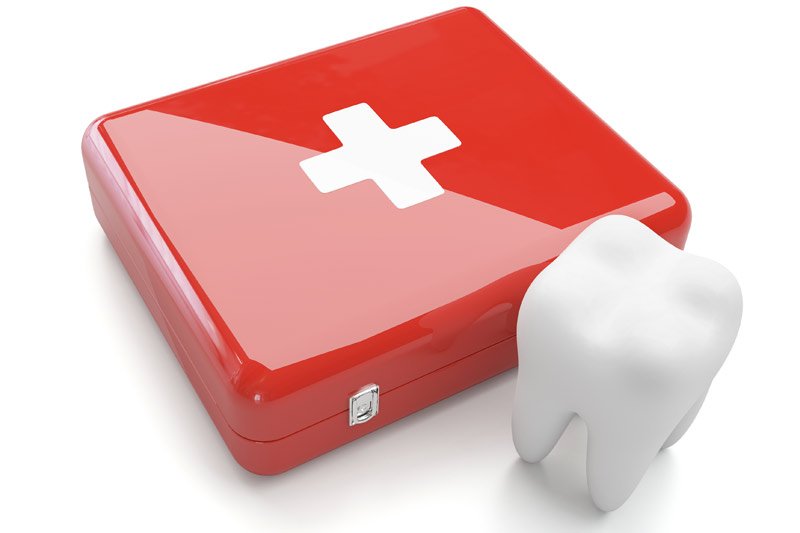A root canal is required when the pulp tissue of your tooth- which contains blood sinuses, connective tissue and nerve cells – gets infected or inflamed. The discomfort usually subsides over time, but if it doesn’t then you may have an infection on your hands that will only get worse with time. Left untreated, this can lead to a dental abscess and in some cases systemic issues in other parts of the body
Why Do I Need A Root Canal?
Every tooth is made up of three layers. The outer layer consists of the protective enamel, and under it is dentin – most if which makes up the root. At the center and extending down within one section inside this part is pulp: a collection of connective tissue, blood vessels, and nerves that play an important role in developing teeth; however it can survive on its own without anything else going wrong with it.
When you have a large cavity in your teeth then bacteria from this cavity enters into your pulp and infects your entire body. Symptoms often begin with sensitivity to hot or cold objects as well as pressure over time- but usually not even instantaneously after injury’s been done to any type at all point!
If left untreated for too long then what will happen? It develops into severe pain (a toothache) that worsens overtime- swelling gums or even abscesses might also be experienced by now! One purpose behind performing a root canal procedure would be removing damaged parts like excess decay, fractures etcetera while they are small before they spread out throughout other places such as outputting widespread damage upon yourself!
After the Procedure
After a root canal, the tooth may be sensitive and tender to pressure for the first few days, but pain medication will alleviate these symptoms. If your symptoms persist after this time period and you are unable to take any additional medication due to allergies or other reasons, call us immediately so we can offer other solutions that will keep you comfortable. A root canal procedure is often preventable with routine dental exams and cleanings; in which case small cavities can be diagnosed before they become so large that it starts compromising nerves during chewing (due to compromised nerve).


